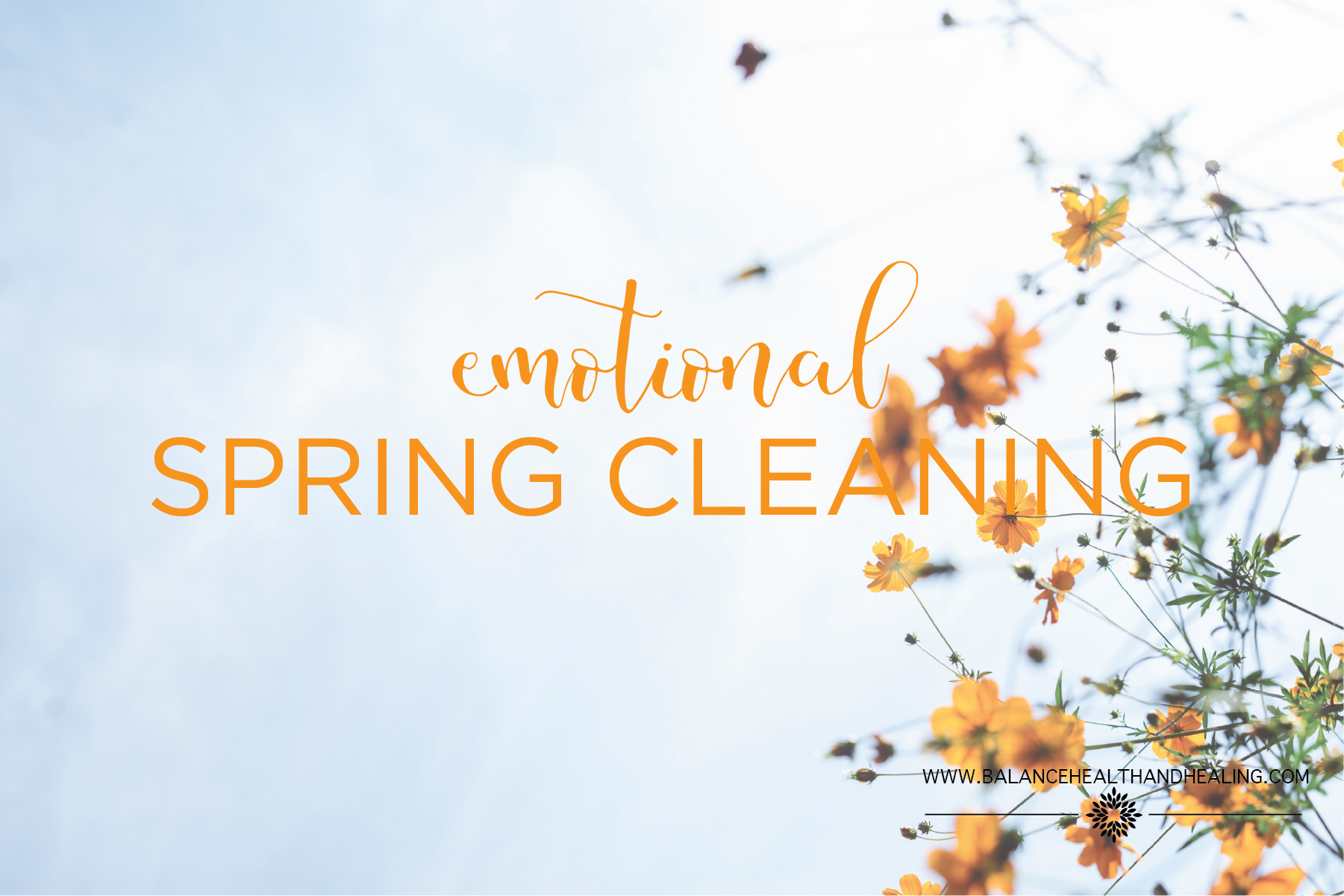I’m a big fan of tidying and getting rid of stuff I don’t use. A couple of years ago I used the KonMari Method to fully declutter my home and life, and it felt amazing! Maria Kondo developed this method and she teaches a process of decluttering according to categories of things, rather than doing a whole room at a time. This was such a helpful way to stay on track with my goals and not get derailed or distracted. Another important thing that she teaches is how to let go of things that you don’t necessarily need or like, but that you hang on to out of obligation or guilt. I didn’t know this was something I did, but I did and it was such a relief to let those things go.
I know that I’m a bit of a nerd about this topic and that others have different opinions on tidying in general, but when I finished with this process I felt new and capable of anything. The process is also designed to help you maintain this lifestyle by implementing a filtered type approach on the things you buy, by asking yourself if the things bring you joy.
I’ve been thinking about how to apply an approach like this to the things that affect our mental and emotional health. What if we could see all of the clutter, baggage, and storage sheds worth of the things that cause us grief and shame? I will offer a couple of ways that we can bring these harmful things to light and ultimately let them go.
Organizing by Category
If we follow the general outline of the KonMari method we will organize these parts of our life by category. Here are a couple of categories that I suggest affect our mental and emotional health:
– People (The people we choose to spend time with)
– Self-talk (The messages we tell ourselves)
– Trauma (How we address past or current traumatic experiences)
– Physical health (How we treat our bodies)
– Productivity (What we spend our time on)
These are the categories that I most often address with clients in therapy. I know this list can be expanded to include so much more, but this is a substantial place to start. By taking a close look at these categories we can ask questions like, “Does this person bring me joy and build me up?” And if the answer is no, then it would be wise to consider limiting or completely cutting out the time you spend with them.
In the category of trauma a good question would be, “Have I addressed the traumas in my life that cause me distress or pain?” If the answer is no then it would be a great idea to talk to a psychologist about the best way to go about that.
Letting Go
The goal in this process of decluttering our emotional health is to let those things go that do not improve our lives. This is a HARD process. It was a hard thing for me to do with physical objects as I decluttered my house, and it’s hard to do with the things that cause emotional and mental strain. But as I watch people work hard to let go of harmful things in therapy, I am renewed in my belief that we can do it and that it will improve our lives.
lives. This is a HARD process. It was a hard thing for me to do with physical objects as I decluttered my house, and it’s hard to do with the things that cause emotional and mental strain. But as I watch people work hard to let go of harmful things in therapy, I am renewed in my belief that we can do it and that it will improve our lives.
In the KonMari approach, Maria Kondo takes a respectful approach to letting things go by allowing yourself to acknowledge any joy or happiness the item gave you and thanking it for that role in your life before you let it go. Likewise, as we work to declutter our emotional space we can acknowledge how old patterns in behavior, or old friends offered us support at one time and feel grateful for that, while still acknowledging that the support is no longer there and letting that behavior or person go.
You Matter
So, why do we do this? This process will be long and difficult. When I decluttered my house it took me six months where I dedicated every weekend to the process. It was physically straining, and I ended up taking so, so many carloads of excess STUFF to donation centers. This was an important process for me that helped me set boundaries around what I value and what I don’t value. And it has helped me be more thoughtful as I add things into my life.
After you work so hard to set boundaries around what you will allow into your emotional life, you will be more discerning about the things you allow in the future. Your filtering process will become more refined and attuned to what you need. As I watch people undergo this process in therapy I see them become stronger and more capable. You deserve the freedom to declutter and tidy your emotional life because how you feel matters.

